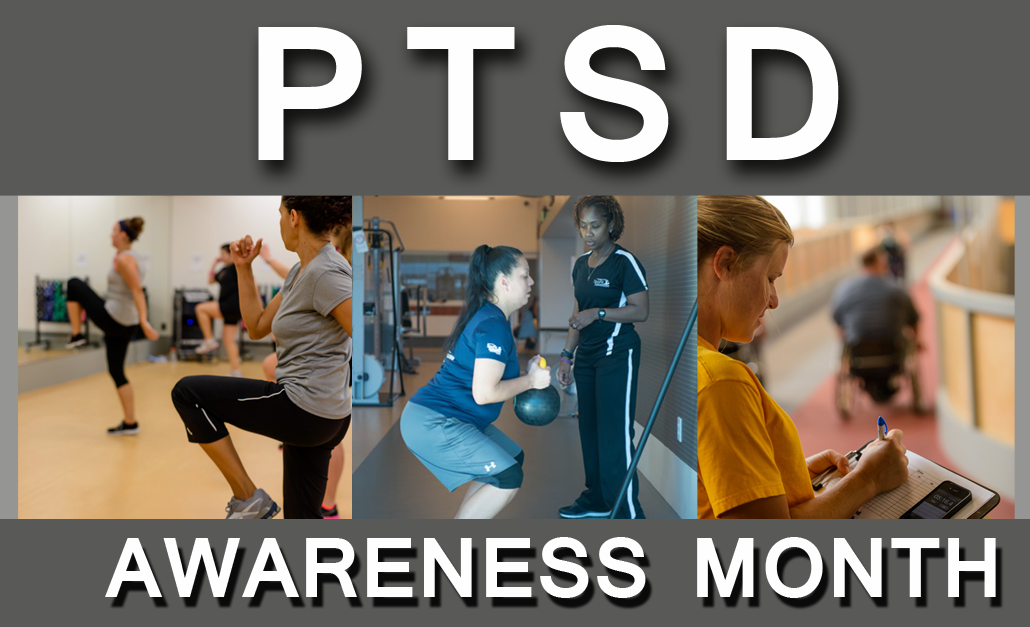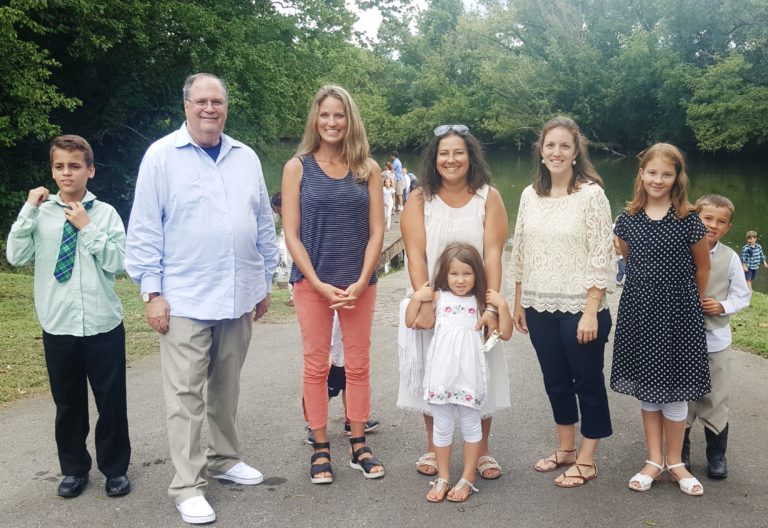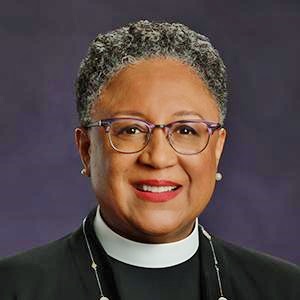ASK A CHEROKEE HEALTH PROFESSIONAL: It’s okay to say you’re not okay
June is Post Traumatic Stress Disorder Awareness month. Cherokee Health Systems (CHS) is breaking down the misconceptions of PTSD. Traumatic disturbances happen at home, school, work and even when you are in the right place, but at the wrong time.
HEALTH & HAPPINESS
By Dr. Hilary Parker, Licensed Psychologist, Behavioral
Health Consultant at Cherokee Health Systems
EAST TENNESSEE (June 2021) – Traumatic events can not only change the course of one’s life, but they can also change one’s overall outlook on life and their interactions with others.
Some people associate Post-traumatic stress disorder (PTSD) only with military experiences. However, this is not the only case where PTSD can occur. PTSD is a condition that occurs after witnessing or experiencing a life-threatening event. It can leave lasting negative mental and physical health impacts if it is not treated properly.
As a part of National PTSD Awareness Month, Cherokee Health Systems (CHS) hopes to break down the misconceptions of PTSD and to educate people on how to take the necessary steps towards healing.
Dr. Hilary Parker is a Licensed Psychologist and Behavioral Health Consultant at Cherokee who works with patients who have PTSD. According to Dr. Parker, there are life-threatening events that can cause PTSD, which including car accidents, assault, abuse, natural disasters, violence in the home, the community, as well as combat.
PTSD is characterized by symptoms of re-experiencing nightmares, intrusive memories, hyperarousal, hypervigilance, and avoidance behaviors. The disorder can co-occur with depression, substance use disorders, and suicidality. PTSD has a pervasive impact and sometimes people are not even fully aware of the impact or the root cause.
“Anywhere from 50-60 percent of individuals experience some type of traumatic event over their lifetime. A response to these events is very common and may differ widely from individual to individual. Most individuals will manage and reduce symptoms over time, while others develop more severe responses. There are a variety of factors that can influence the development of PTSD. A few factors include available support, repeated exposure, previous traumatic experiences, coping skills, and resources,” said Dr. Parker.
Dr. Parker says the disorder can also impact someone’s desire to seek healthcare, as well as someone’s ability to effectively participate in the healthcare system. Getting professional help, however, is vital when it comes to overcoming life’s traumatic events.
“Seeking help in many forms can be very beneficial for individuals with PTSD. It can help reduce symptoms and improve daily functioning,” said Dr. Parker.
PTSD symptoms are often reduced by developing and practicing skills to manage acute stress or acute panic attacks. Cognitive therapies might allow individuals to address unhelpful thinking patterns and behavioral responses developed in response to trauma. It may also help to reduce the generalizability of perceived threats and reduce the activation of that stress response. CHS offers both individual and group therapies to address different traumas experienced by children, families, and adults. You can make an appointment today by visiting www.cherokeehealth.com
ASK A CHEROKEE HEALTH PROFESSIONAL: It’s okay to say you’re not okay.








